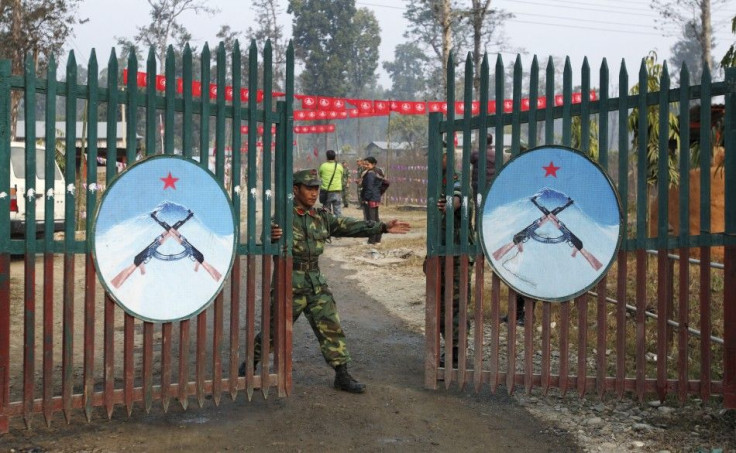Maoist Fighters Leaving Nepal Camps After 5 Years

After five years of living in United Nations (U.N.)-monitored camps, Maoist fighters in Nepal are leaving their camps either to join the Nepalese army or return to civilian life. According to Reuters, close to 7,300 Maoist fighters will be departing the camps in the next two weeks.
The fighters were given the choice of receiving compensation of at least $6,000 to restart their lives or of undergoing retraining to join the Nepalese army. Enlistment was limited to only 6,500 fighters, but around 9,000 fighters opted for this latter choice. They will serve non-combatant functions. Specifics on ranks and training have yet to be determined.
The fighters have mixed feelings about exiting the camps.
Some Maoist rebels see their release as a way to start a new life but are also upset that the government has not addressed many of their concerns and requests. Medical aid is the biggest worry. Many of the Maoist fighters were injured and fear that they will no longer get access to the expensive medical treatment they were able to receive in the camps.
The Maoist fighters chose to stay in the camps for the last five years due to disagreements regarding their future.
As part of a deal brokered last year, the Nepalese government sent monitors on Friday to begin delivering checks to those Maoist fighters who have chosen to return to civilian life. Nepal's ruling party sees the rehabilitation of these thousands of Maoist fighters as an important process in keeping and maintaining the newly found peace in Nepal. Their release will alleviate the deadlock that has stalled the drafting of a new constitution.
In 2006, the Maoist fighters ended their armed struggle against Nepal's 239-year-old monarchy. They began the revolt in 1996 and ironically did indeed help turn Nepal into a republic.
During the 10-year civil war, more than 15,000 people were killed and up to 150,000 people were internally displaced due to the conflict.
The Republic of Nepal was established in 2008, and, in fact, Nepal's current Prime Minister Babburam Bhattarai is a Maoist leader, part of the Unified Communist Party of Nepal (Maoist).
The Maoist fighters have been living in the 27 U.N. monitored camps since 2007.
© Copyright IBTimes 2025. All rights reserved.





















